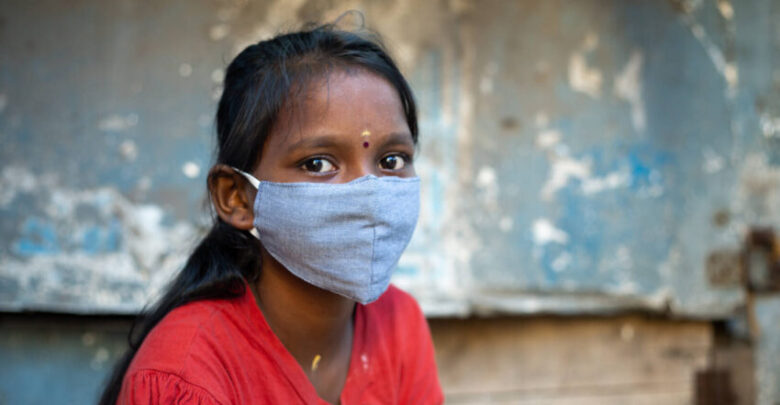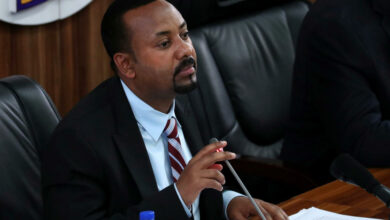Ethiopia
UN Organization Says 3.5 Million Children Don’t Have Access To School Across Ethiopia

The United Nations (UN) children welfare agency on Thursday said over 3.5 million children do not have access to school due to the impacts of conflict and climate shocks across Ethiopia, reported The Daijiworld.
In the Ethiopia Education Cluster Quarterly Newsletter issued on Wednesday, the United Nations Children’s Fund (UNICEF) said several man-made and natural shocks have had a worsening impact on Ethiopia.
“Based on the education cluster data from December 2022, more than 3.5 million children do not have access to school due to conflict and climate shocks across the country,” it said.
The report indicates that out of an estimated 2.3 million school-aged children in Ethiopia’s war-torn Tigray region, some 1.7 million children were denied the right to education for three academic years due to the conflict and COVID-19, with damage reported to have impacted 88 percent of school infrastructure.
The UN organization called for an urgent need for the rehabilitation of schools in the region for providing a safe and protective learning environment to the children.
A two-year war broke out between the Ethiopian federal government and forces led by the Tigray People’s Liberation Front (TPLF), the party that dominates the region, in November 2020. The war killed tens of thousands of people, created famine-like conditions for hundreds of thousands, and displaced millions.
Last year in November, the government and Tigray forces agreed to cease the hostilities, allowing additional aid to reach the most war-affected regions and for some services to be restored.
Earlier this week, the UN Office for the Coordination of Humanitarian Affairs (OCHA) said that they have been delivering food and non-food aid to war-affected people in Afar, Amhara, and Tigray regions using all available delivery options including air transport.
OCHA announced that it provided food and non-food humanitarian aid to 138,000 in the Afar region, 149,000 in Amhara, and 2,300 people in the Tigray region in the previous week alone.
On its Twitter account, the UN agency noted that humanitarian partners continue to reprioritize the most urgent aid needing people in the areas.






